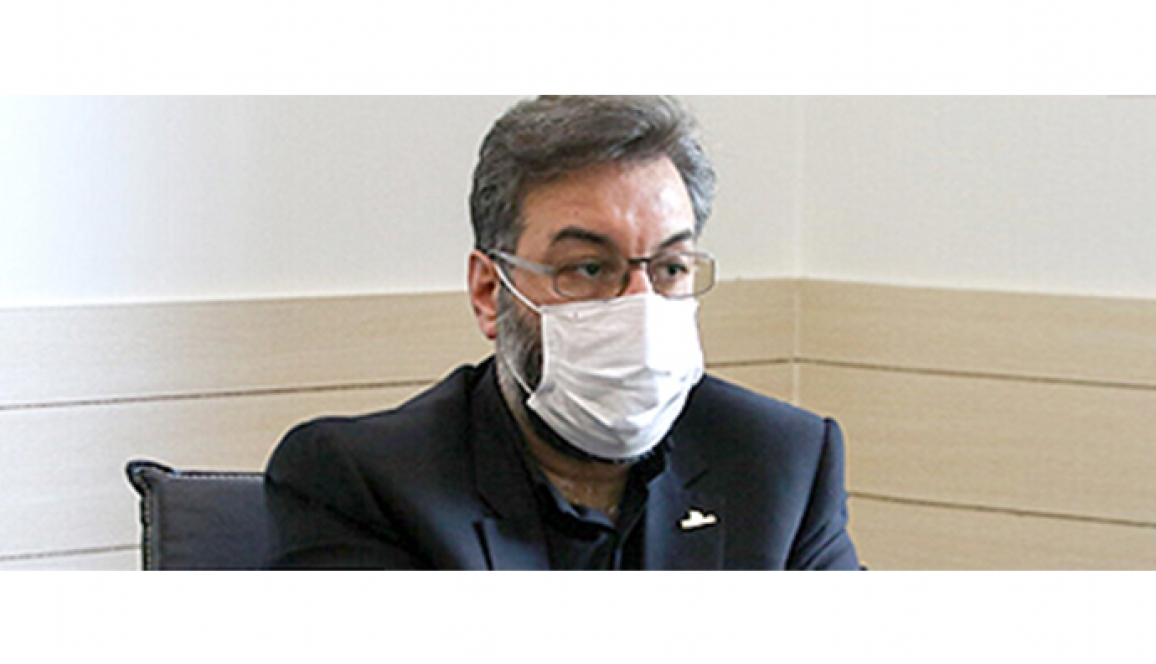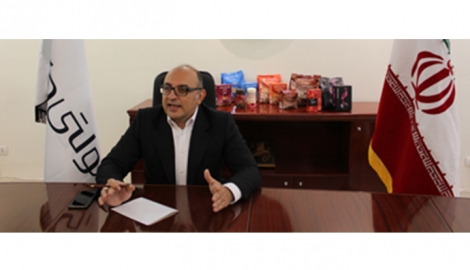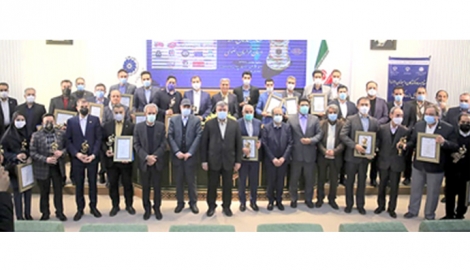Current circumstances necessitate exporting for a variety of reasons, including the saturation of the domestic market.
ISNA news agency’s interview with the CEO of Multicafé
Following is an excerpt from the interview:
Reza Hosseini, an exporter of coffee products, highlighted the necessity of exporting in Iran’s current conditions. “Exporting does not start spontaneously and at a certain point in time,” he said, “but the most important factors determining the necessity of exporting for us during sanctions are the units that work and produce together. Many of these units are suppliers of the domestic market given the current conditions.”
He continued, “Units that had planned to export in the past may now be able to do so because the domestic market is being supplied in some way. In fact, domestic market saturation is one of the reasons why we must export in the current environment.”
Regarding the reasons for Iran’s increased export capacity, Hosseini explained that “The decline in the community’s purchasing power is another factor. There are also exchange sanctions and issues with currency transfers. As a result, exportation is prioritized so that it can be used to import a portion of the necessary goods and relieve some of the burden on Iran’s foreign exchange institutions, including the Central Bank and operating banks.”
This coffee exporter noted that “If we only export one or few products, this will be our Achilles’ heel. However, when there is an export commodity portfolio, not all of these goods may be controlled. As a result, loopholes can be exploited to avoid sanctions or mitigate difficulties. Under the current conditions, it appears that if we are more export-focused, we can offer more goods for export while maintaining our connection with the rest of the world.”
What are the obstacles that exporters face?
Concerning export barriers, he stated, “Impromptu laws and changes to impromptu laws affect all exporters and are discussed at each meeting. Due to a lack of financial resources, the government has had some difficulty controlling the market, and in many areas, they are forced to enact these laws regardless of the benefit to traders, exporters, and producers.”
Hosseini added, “The supply chain has also been an impediment for exporters. Exporters face difficulties due to the enactment of impromptu laws and the extension of these laws. Additionally, producers encounter numerous issues related to imports and exports due to customs valuations.”
Export incentives have been a topic of silence for years.
This coffee exporter noted, “Exporters tend to count on zero profit or loss in exports and try not to incur any loss. They do not seek a substantial profit because they believe they can receive loans as foreign exchange export incentives in addition to foreign exchange. However, we have not heard anything about export incentives in years.”
He remarked that “If exporters are required by law to deliver the obtained exchange to the state electronic system, they will be obligated to purchase one USD for 32,000 Tomans from the market and import it into the system in order to fulfill their foreign exchange obligation and maintain their export incentives. Many provincial exporters are currently unable to meet their foreign exchange obligations due to financial constraints.”
According to Hosseini, “Razavi Khorasan Province has the highest participation rate in the private sector industry, and most factories are associated with the private sector. Unfortunately, we have a cultural issue; our teamwork skills are lacking. Because the producer believes they can also be a good businessman, they enter and operate in the target markets arbitrarily and independently, despite needing assistance from a businessman and an expert in this field.”
The necessity to separate industry and mining from trade
Pointing out the necessity of separating the two sectors of industry and mining from trade, this coffee exporter stated, “We request the authorities to separate the Ministry of Industry and Mining from the Ministry of Commerce and Trade, as merging the two into one ministry will cause issues for producers. The producer must produce, trade, export, and market the product, whereas the producer’s mission is production alone. It is the merchant who is familiar with the laws and regulations of the target nation.”
Concerning the loss of the private sector in the current situation, he stated that the private sector suffers the most in terms of export products during sanctions. The public sector possesses specific goods and products of the oil industry, whereas the private sector is less involved in such products. Therefore, the public sector should conduct business with countries that lack a well-defined financial mechanism, as the exporter will experience problems if they conduct business with countries that have a well-defined financial mechanism.
With an eye to the need to mitigate import tariffs, Hosseini stated, “Restrictions were made for exporters after sanctions, and it was the increase in the import tariff of Iranian goods, particularly in the European Union that caused us to lose some customers due to export competitive prices.”








You can also comment on this news